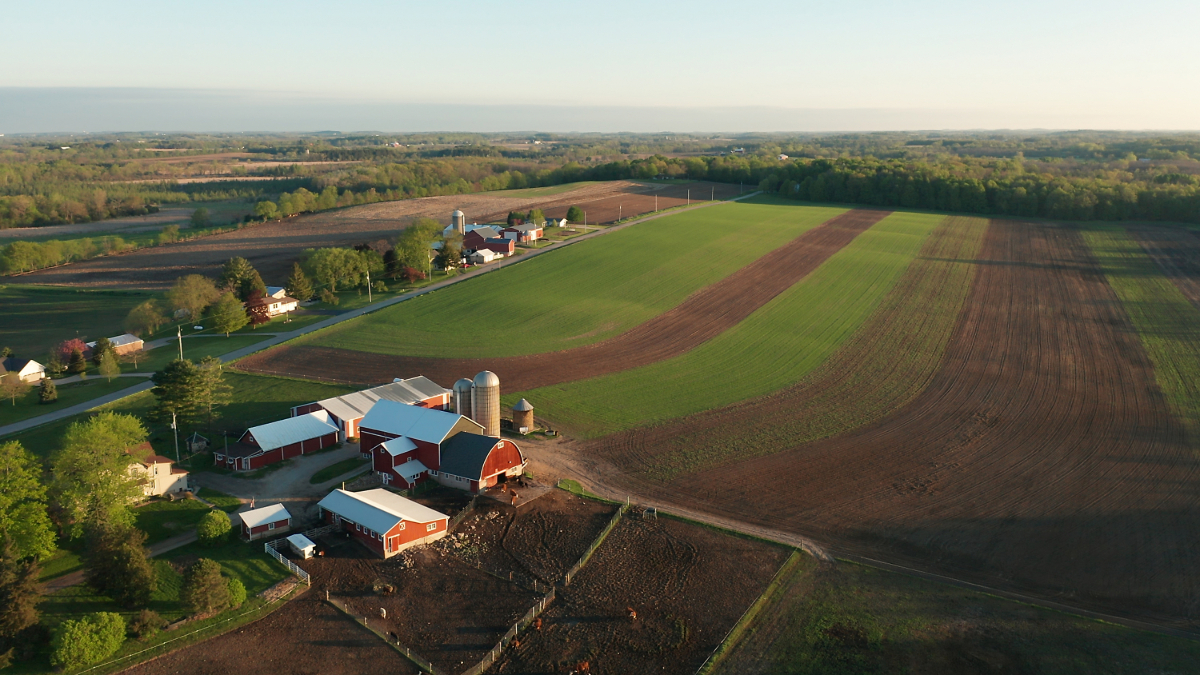Leasing farmland is a common practice that benefits both landowners and farmers. With various types of agreements available, understanding which one suits your needs can be overwhelming. Whether you’re a landowner leasing out property or a farmer searching for land, choosing the right land lease agreement is crucial for both parties. This guide explores the different types of farm lease agreements, key factors to consider, and provides tips on how to write up a land lease agreement.
Understanding Farm Land Lease Agreements
A farm land lease agreement is a legally binding contract between a landowner and a farmer, outlining the terms and conditions under which the farmer can use the land for agricultural purposes. These agreements can vary in length, payment structure, and responsibilities, depending on the type of lease selected.
There are several types of farm leases, each with its unique advantages. Let’s break down the most common ones and help you determine which might be right for you.
Types of Farm Lease Agreements
Understanding different farm lease agreements can help both landowners and farmers choose the best option for their needs. Here are the primary types:
Cash Rent Lease
In a cash rent lease, the farmer pays a fixed amount to the landowner, regardless of the crop yield. This arrangement provides the landowner with consistent income while placing full control and risk on the farmer.
Pros:
- Stable Income: Landowners receive guaranteed income.
- Farmer Autonomy: The farmer manages the land independently without interference.
Cons:
- Farmer Risks: The farmer assumes all risks associated with crop production.
- Fixed Returns: Landowners do not benefit from high crop prices.
Crop-Share Lease
A crop-share lease involves splitting the crop yield or revenue between the farmer and landowner, aligning their interests and sharing both risks and rewards.
Pros:
- Shared Risks and Rewards: Both parties share the benefits and challenges of crop production.
- Potential for Higher Returns: Landowners benefit from high crop yields.
Cons:
- Ongoing Communication: Requires regular coordination between the farmer and landowner.
- Variable Income: Landowners may face unpredictable income based on crop performance.
Flexible Cash Lease
This lease blends elements of cash rent and crop-share agreements. Rent is adjusted based on farm performance indicators like crop yields or commodity prices, offering flexibility.
Pros:
- Performance-Based Rent: Adjusts according to farm results, providing a balance between stability and flexibility.
- Shared Risk: While simpler than crop-share leases, it shares some risk between parties.
Cons:
- Income Variability: Landowners may face unpredictable income due to performance-based adjustments.
- Complexity: Requires a clear formula for adjusting rent, which can complicate agreements.
Key Factors to Consider When Choosing a Farm Lease Agreement
Selecting the right farm land lease agreement depends on your individual goals, risk tolerance, and level of involvement. Here are some key factors to keep in mind:
- Risk and Responsibility: Are you a landowner who wants stable, predictable income, or are you willing to share in the potential risks and rewards of farming? On the other hand, if you’re a farmer, consider whether you’re comfortable assuming all risks or prefer a partner in that risk.
- Level of Involvement: Landowners must decide how involved they want to be in farm operations. Cash rent leases are ideal for those who want minimal involvement, while crop-share leases require more ongoing collaboration.
- Profitability: Farmers should consider which lease type allows them to maximize their profits while managing their risks. For landowners, agreements like crop-share may offer higher potential earnings but less predictability.
- Land Condition and Long-Term Goals: If long-term sustainability and soil health are important to both parties, a crop-share or flexible lease may encourage responsible land management practices.
How to Write Up a Land Lease Agreement
Whether you’re a landowner or a farmer, knowing how to write up a land lease agreement ensures that all parties are clear on the terms and protected legally. A well-written lease should cover the following key points:
- Identification of the Parties: Clearly list the names and contact information of both the landowner and the tenant.
- Description of the Property: Provide a detailed description of the land being leased, including boundaries and any structures or resources included (such as barns or water rights).
- Term of the Lease: Specify the duration of the lease, including start and end dates. Decide whether the lease will automatically renew or require renegotiation.
- Rent and Payment Terms: Outline how the rent will be calculated (fixed amount, crop-share, etc.), the payment schedule, and any flexibility based on yields or prices.
- Land Use and Maintenance: Clearly state what the land can be used for (e.g., crops, livestock), and include expectations for maintaining the property.
- Termination and Renewal: Define the terms for ending the agreement early and whether there is an option to renew or extend the lease.
- Signatures and Legal Considerations: Ensure that both parties sign the agreement and consider having it reviewed by a legal professional, especially for complex leases.
Making the Right Choice for Your Farm Lease
Choosing the right farm lease agreement is a critical decision that can affect the financial stability of both the landowner and the farmer. Whether you prefer the predictability of a cash rent lease or the shared risks and rewards of a crop-share lease, it’s essential to fully understand the implications of your choice. For both landowners and farmers, the key is clear communication and a solid legal agreement.
How Groves Law Can Help with Your Land Lease Agreements
Navigating the intricacies of farm land lease agreements can be daunting, but you don’t have to do it alone. At Groves Law, We focus on helping landowners and farmers draft, negotiate, and review land lease agreements that protect your interests and set you up for success. Contact our team to help make sure your lease is legally sound and tailored to meet your specific needs.

